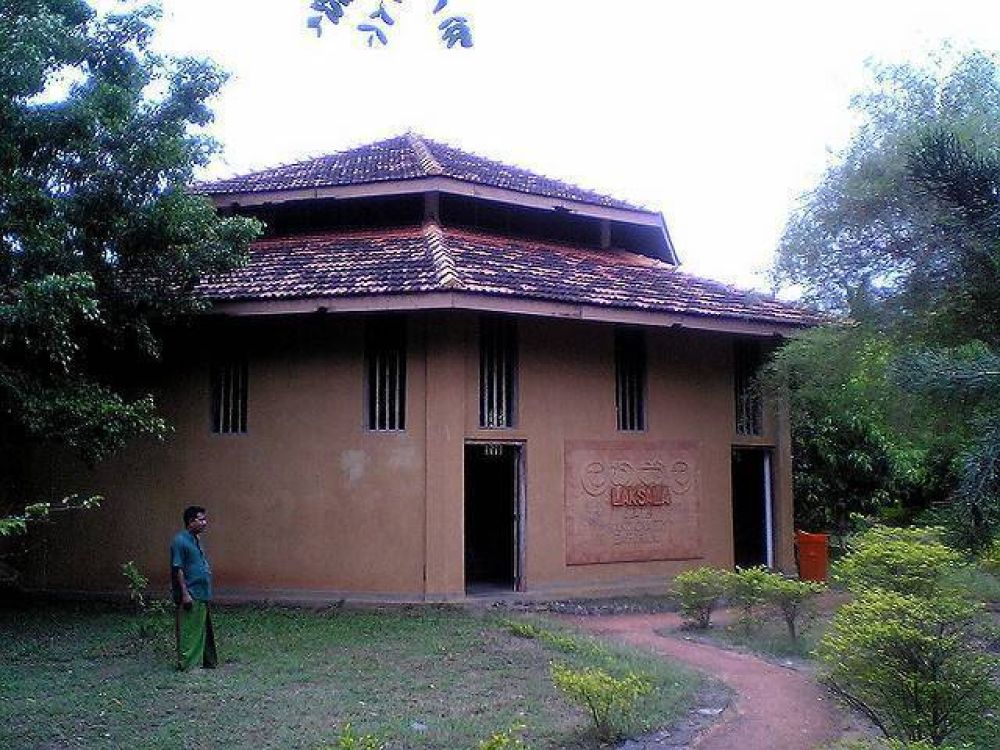

Sigiriya, located in the Matale District in the Central Province of Sri Lanka, is one of the island nation's most significant cultural destinations. Known as the 'Lion Rock', it is a towering rock fortress and palace ruins which date back to the 5th century and is a designated UNESCO World Heritage Site. Sigiriya showcases the sophisticated urban planning, engineering, hydraulic technology, and artistry of ancient Ceylon, making it a beacon of historical and archaeological significance.
The allure of Sigiriya as a tourist destination has historical roots as far back as the 6th century when it was a site of pilgrimage for monks from the nearby cave complex Dambulla. The site gained international fame after the British archaeologist H.C.P. Bell conducted extensive archaeological work in the early 20th century, although it wasn't until the latter half of the century that Sigiriya began to develop as a tourist hotspot.
The 1980s marked a turning point when Sigiriya was designated as a World Heritage Site, leading to increased international exposure and interest. The Sri Lankan government and private stakeholders began developing infrastructure and services to meet the demands of an increasing number of visitors. Since then, Sigiriya has only grown in its reputation, drawing tourists from around the world to marvel at its ancient frescoes, the Mirror Wall covered with ancient graffiti, and the panoramic views at the summit.
The Sigiriya Craft Village, established with the support of the Craft Council of Sri Lanka, is a relatively new yet significant addition to the region's attractions. It serves as a center for promoting and preserving traditional Sri Lankan crafts. Visitors to the village can observe the skills of local artisans, including wood carving, batik making, and jewellery crafting, providing an authentic glimpse into the cultural heritage of the country.
Supporting local craftsmanship, the Craft Village also functions as a marketplace where artisans can sell their handcrafted goods to tourists, directly benefiting the local economy. This initiative thus serves the dual purpose of preserving traditional skills and fostering eco-friendly tourism.
In recent years, Sigiriya has embraced the trend of sustainable tourism, catering to travelers who are increasingly conscious of their environmental and cultural impact. The region has seen the growth of eco-lodges and sustainable tour operations that minimize the ecological footprint and contribute to conservation efforts.
Experiential travel is another trend gaining momentum in Sigiriya. Tourists are seeking authentic experiences, such as village tours, cookery classes featuring traditional Sri Lankan cuisine, and nature walks, which enrich their understanding and appreciation of the local way of life.
The continual growth and diversification of tourism in Sigiriya, with its rich historical legacy complemented by contemporary initiatives like the Sigiriya Craft Village, underscore the region's dynamic evolution as a top-tier tourist destination. It reflects Sri Lanka's commitment to showcasing its cultural treasures while fostering an inclusive and sustainable tourism industry.